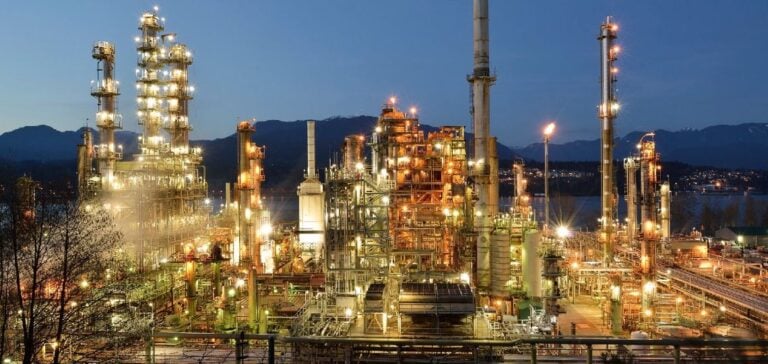EDF reported a strong increase in electricity production in 2024, driven by nuclear and hydropower energy. According to published data, nuclear production in France reached 361.7 terawatt-hours (TWh), representing a 12.9% increase compared to 2023. This improvement translates to an additional 41.3 TWh.
Hydropower production also surged by 30.3%, reaching 50.5 TWh. This exceptional performance is partly attributed to 2024 being one of the wettest years in recent history, according to Météo-France.
Improved Industrial Management and Fewer Disruptions
EDF attributes these results to several favorable factors. Reactor maintenance outages were optimized, and issues related to stress corrosion, which had significantly impacted production in 2022, were brought under control. The management of inspections and repair projects enabled the company to overcome these technical challenges.
Additionally, 2024 was free from major climatic events and social movements, which often disrupt the energy producer.
Stable Performance in the United Kingdom
Internationally, EDF maintained stable nuclear production levels in the United Kingdom, producing 37.3 TWh in 2024. This stability was achieved despite unplanned outages at two major sites, Heysham 1 and Hartlepool. EDF, the operator of the five nuclear power plants in the UK, continues to manage an aging fleet while optimizing planned outages.
Historic Electricity Export Records
The high-voltage grid operator RTE (Réseau de Transport d’Électricité) reported record net electricity exports from France in 2024, reaching 89 TWh. This achievement surpasses the previous record set in 2002, highlighting France’s strengthened role as an electricity provider for its European neighbors.
This rebound contrasts sharply with 2022, when nuclear production dropped to 279 TWh, the lowest level in 30 years. This situation had forced France to import electricity for nearly the entire year, an unprecedented event in four decades.






















